
Children’s summer camp in a 5-star resort in Bali is out of the ordinary, with US$1,000-a-night villas, plunge pools and spa. Chinese, Hong Kong parents first to book
- Ayana Estate, in Indonesia, is offering the first destination camp of its kind in Southeast Asia, with options for kids that stretch for up to four weeks
- Programmes include farming, learning jungle survival skills and cooking classes. Children can return at the end of the day to a villa with a private plunge pool
On a typical day at Green Camp, groups of up to 20 children can try their hand at bamboo architecture or take a survival skills course led by a naturalist along jungle trails – returning home to a thatched-roof, clifftop villa with private plunge pool.
Beginning on July 4, Ayana Estate will be offering the first destination camp of its kind in Southeast Asia, with options that stretch for up to four weeks without repeating an activity.
The programming is divided into two age groups: week-long, themed units for children aged two to six are designed in conjunction with global school provider Guidepost Montessori, while activities for those aged from seven to 12 are organised by Green School Bali, a renowned private school and expat haven.
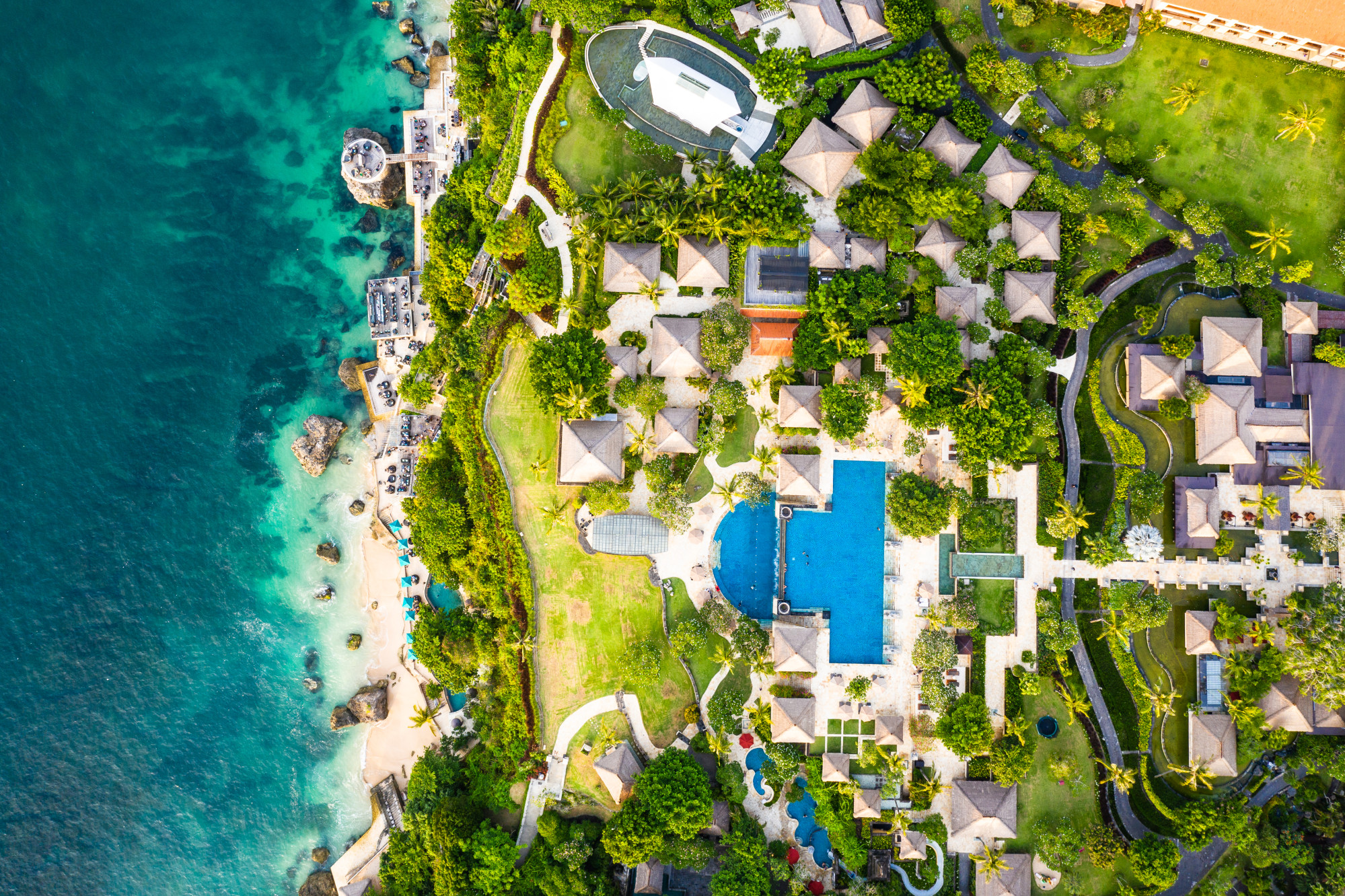
Pricing varies. Entry-level rooms with balcony views of the forest canopy for a family of four start from around US$235, while a two-bedroom villa with ocean view runs at about US$1,000 per night during the summer.
Some rooms have patios next to a lagoon-style pool that wraps around the property. It is one of 14 places to swim, not counting the beach. All have access to a clifftop spa.
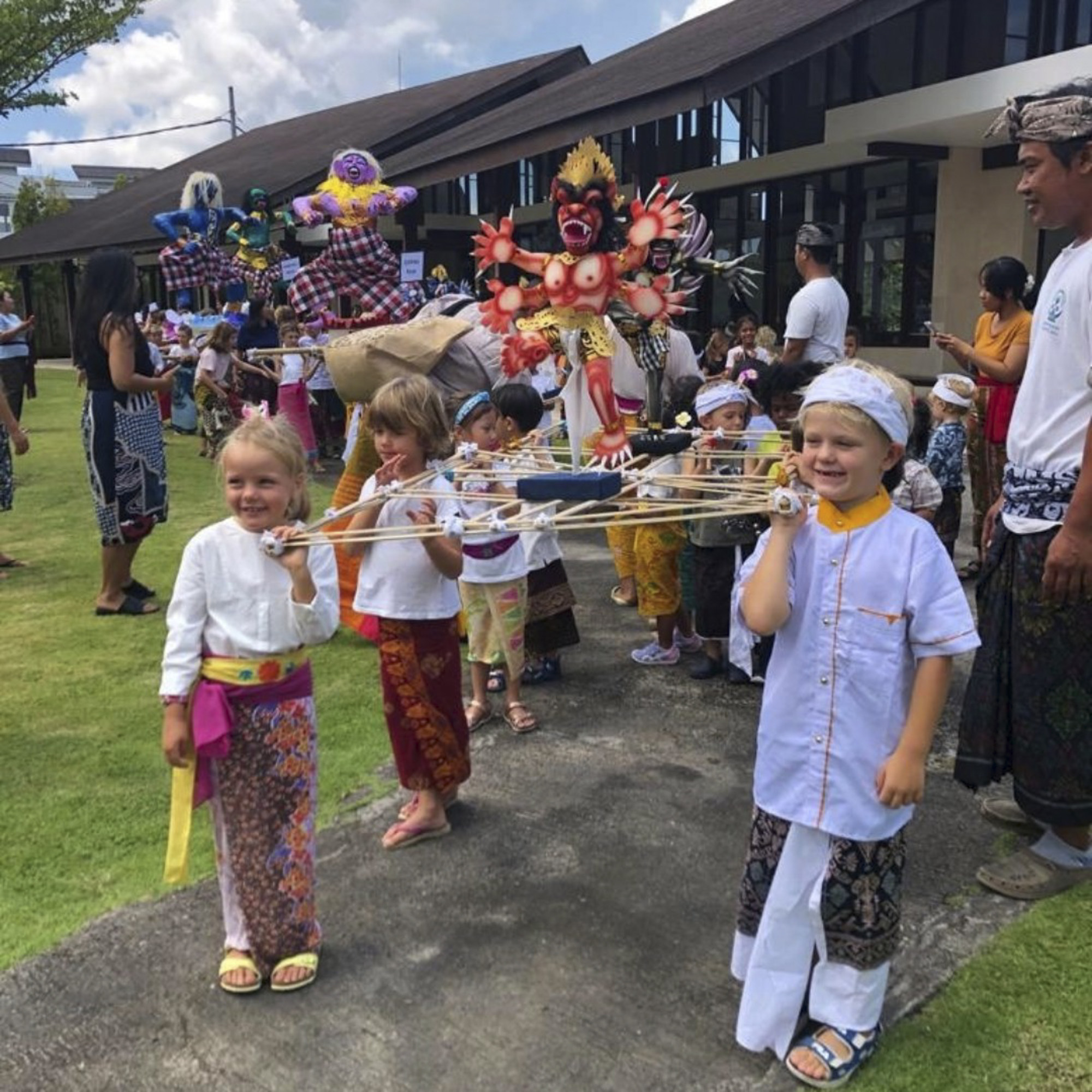
Camp tuition is an additional cost, with Ayana’s offerings all costing less than US$600 per week.
The curriculum is a step up from the typical resort children’s club – and not just because of the variety of activities.
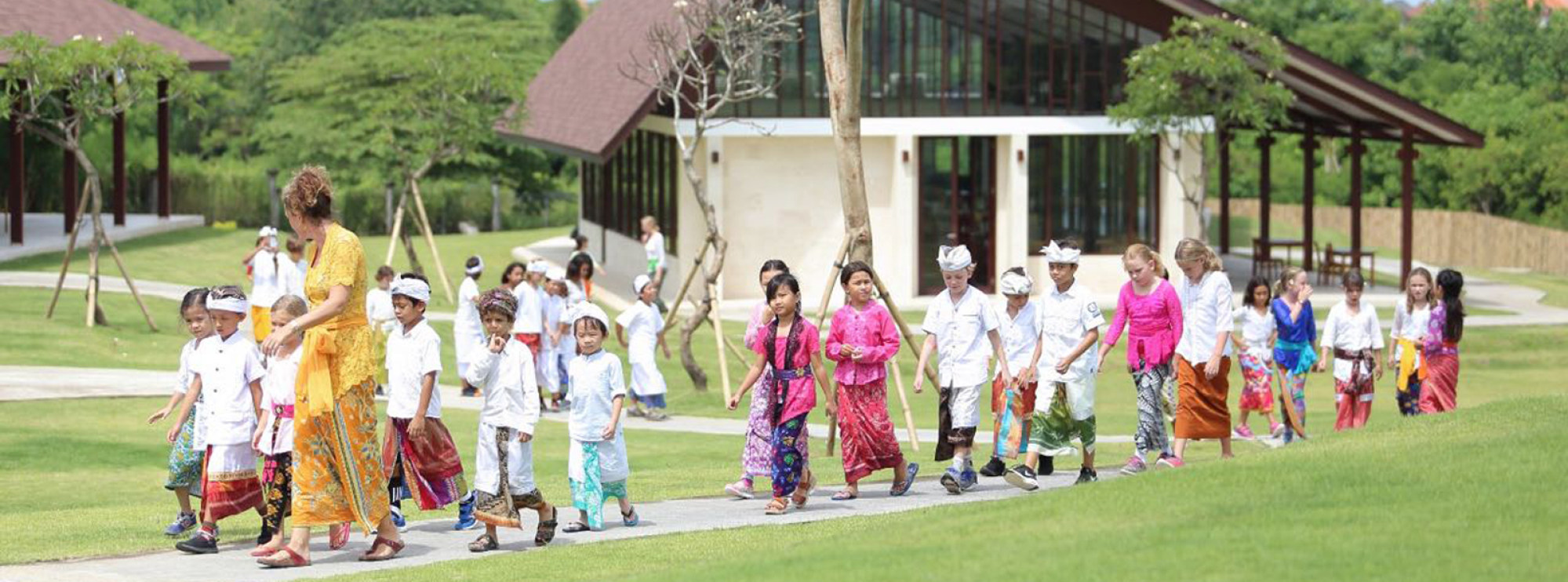
“If you live in Hong Kong, Los Angeles, Bangkok or Rome, and your children are attending a preschool Montessori curriculum, this will feel familiar for them,” says Giordano Faggioli, Ayana’s general manager.
“The biggest benefit that I can provide to our guest families is the peace of mind that comes with continuing their at-home routine.”
Montessori in Bali does not mean playing in a classroom with wooden toys. Guidepost campers – up to 15 at a time – can harvest and taste produce like spinach, mangoes and kaffir lime leaves, learn about farming techniques and interact with Indonesian culture by seeing and touching traditional masks that are worn during celebrations.
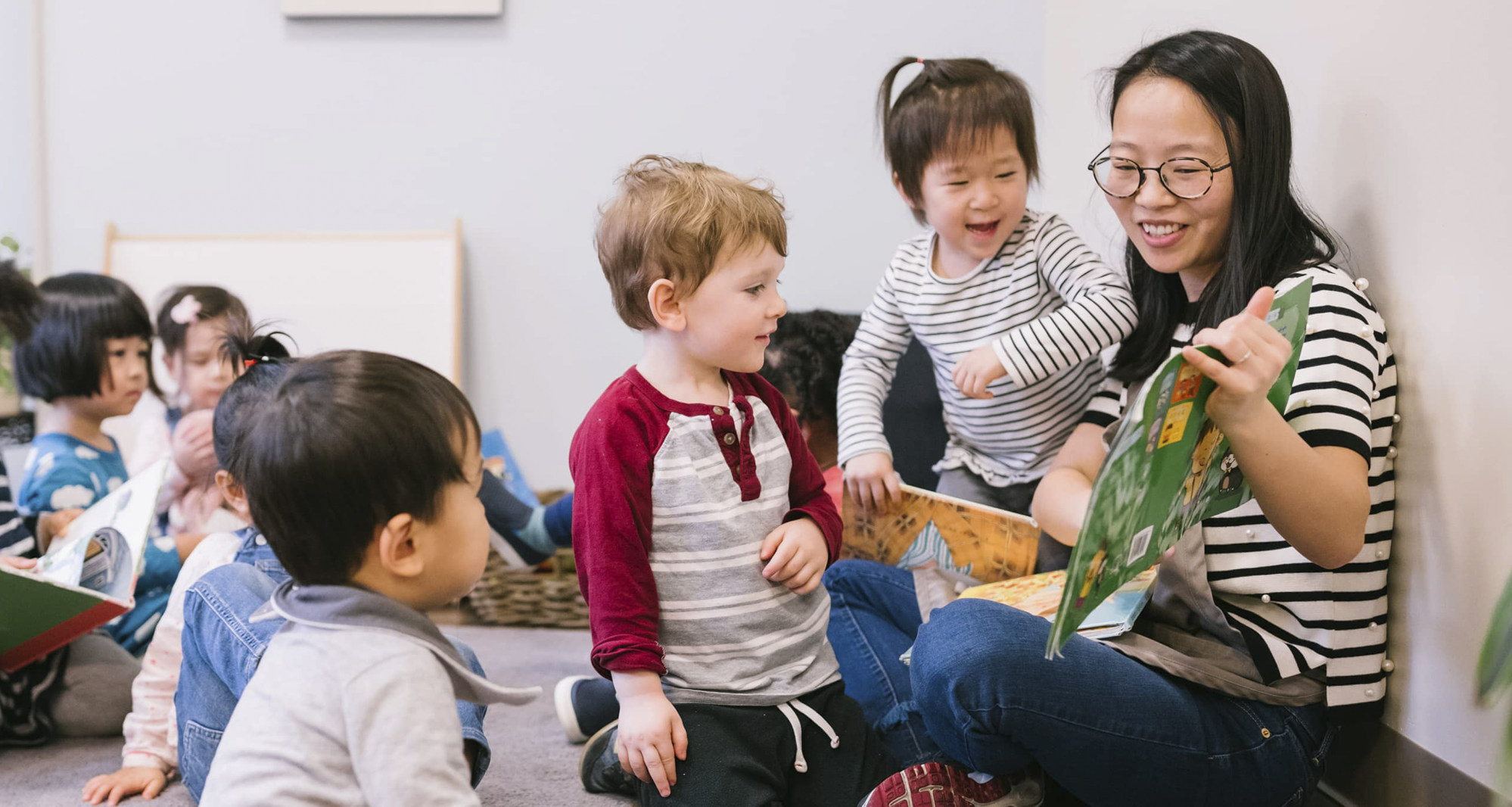
Faggioli says bookings have been strong for both programmes and families are booking for one-week stays rather than for a full month. Most, he adds, are coming from mainland China and Hong Kong.
Before Covid-19 struck, Chinese tourists accounted for one-fifth of foreign visits to Bali, and they are rushing back after an extended border closure that ended only this year.
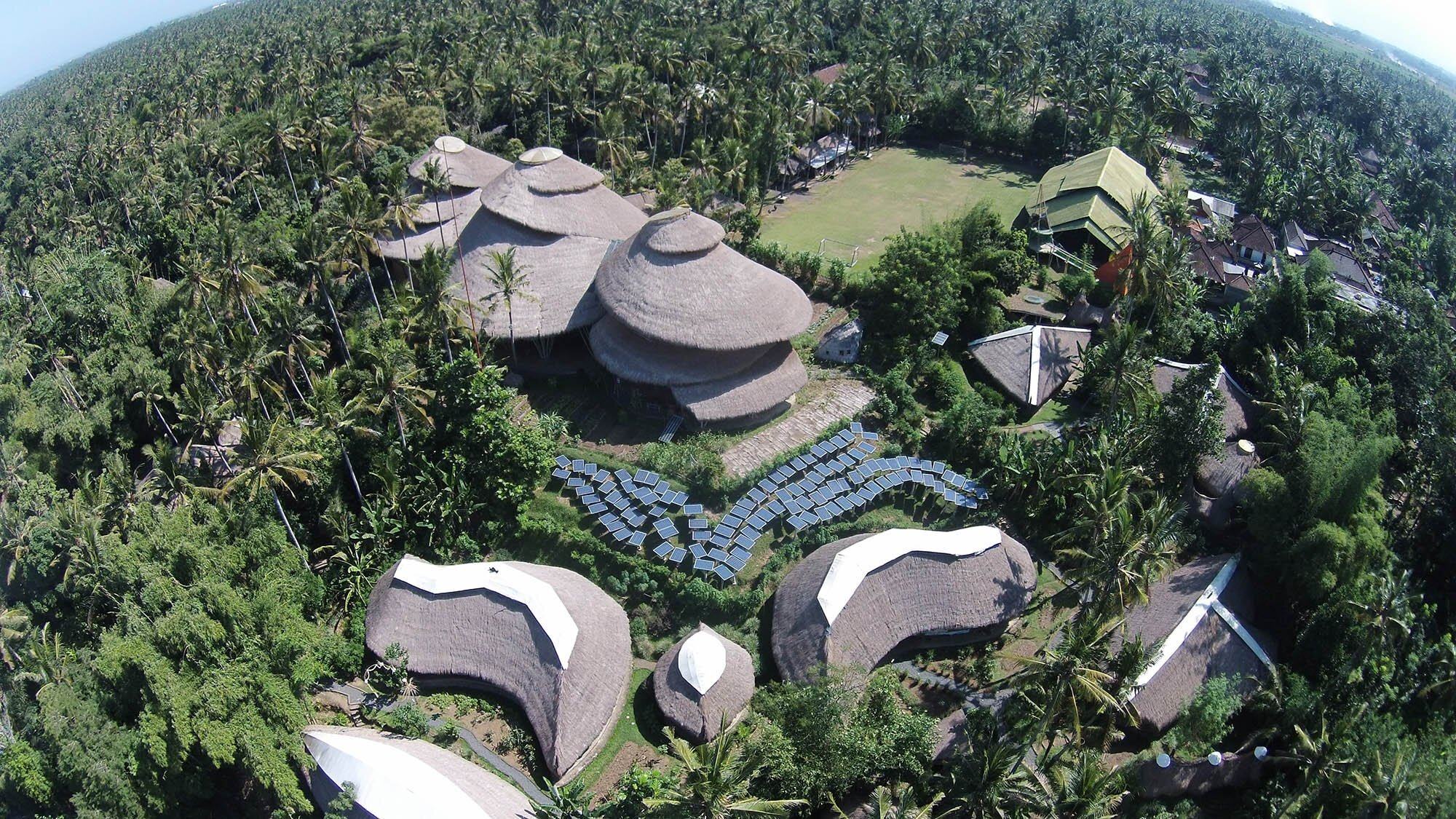
Faggioli expects they will be joined by travellers from Japan and Australia, countries that also favour Bali tourism – and where Montessori schools thrive.

